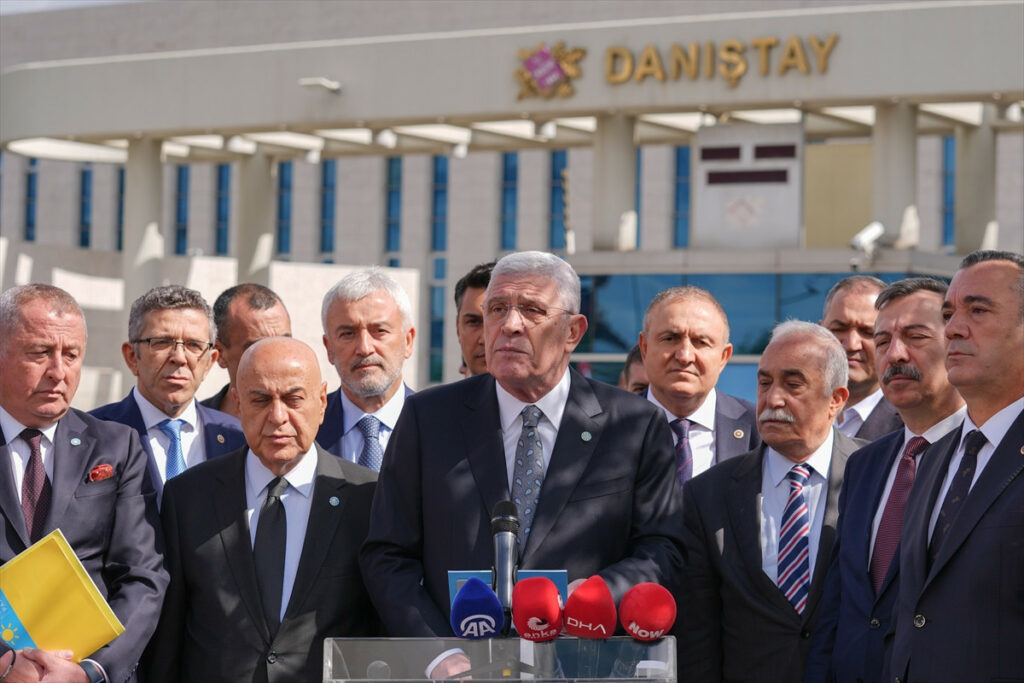Turkey’s nationalist opposition İYİ (Good) Party has filed a lawsuit with the Council of State, Turkey’s highest administrative court, seeking the annulment of citizenship granted to foreigners in exchange for investments in real estate and foreign currency deposits, the state-run Anadolu news agency reported on Tuesday.
In 2018 Turkey lowered the investment criteria for foreigners to become Turkish citizens in a bid to boost investment in the economy. The regulations stipulated that foreigners can become citizens if they own property worth $250,000 for three years, down from a previous value of $1 million. The minimum investment necessary to obtain Turkish citizenship was increased to $400,000 in 2022 and $600,000 in 2024.
İYİ leader Müsavat Dervişoğlu on Tuesday announced the legal challenge in a press statement outside the court in Ankara. He claimed that Turkish citizenship has been granted to at least 500,000 people in the past seven years through a process that he says is “unconstitutional” and undermines the integrity of the nation.
“With this legal action by the İYİ Party, the hundreds of thousands of citizenships granted to refugees and foreigners by the [ruling Justice and Development Party] AKP will be revoked, and from now on, Turkish citizenship, earned through the hard-fought struggles of our ancestors, will no longer be sold in exchange for foreign currency,” Dervişoğlu said.
According to the İYİ leader, 309,000 properties have been sold to foreigners in the past seven years, with statistics showing that at least half of those sales are directly linked to citizenship applications. He estimates that given that the policy extends citizenship to the purchaser’s immediate family, over 500,000 people have acquired Turkish nationality in this manner.
Dervişoğlu said his party had also initiated legal proceedings to revoke the citizenship granted to 238,000 Syrian refugees by the ruling AKP, which he believes violates Turkish law.
Turkey hosts the highest number of Syrian refugees worldwide, with 3.6 million of them facing challenging and often precarious circumstances in the country, where anti-refugee rhetoric is running high.
The issue has become a focal point of criticism for the opposition, who accuse the AKP of using citizenship as a tool for both economic gain and political influence. The government, however, has consistently defended its policies, asserting that security checks have been tightened and that every applicant is subject to rigorous scrutiny by Turkey’s intelligence agencies.
In 2023 law enforcement officers under Interior Minister Ali Yerlikaya launched numerous operations targeting international crime syndicates, some of whose members reportedly obtained Turkish citizenship under the program. Although the Interior Ministry denies any irregularities in the application process, opposition figures continue to allege that Turkey has become a haven for criminals seeking to exploit the country’s investment-driven citizenship policies.
Turkey’s controversial citizenship program remains under scrutiny, both domestically and internationally, as the political opposition continues to challenge its legality and long-term consequences.

